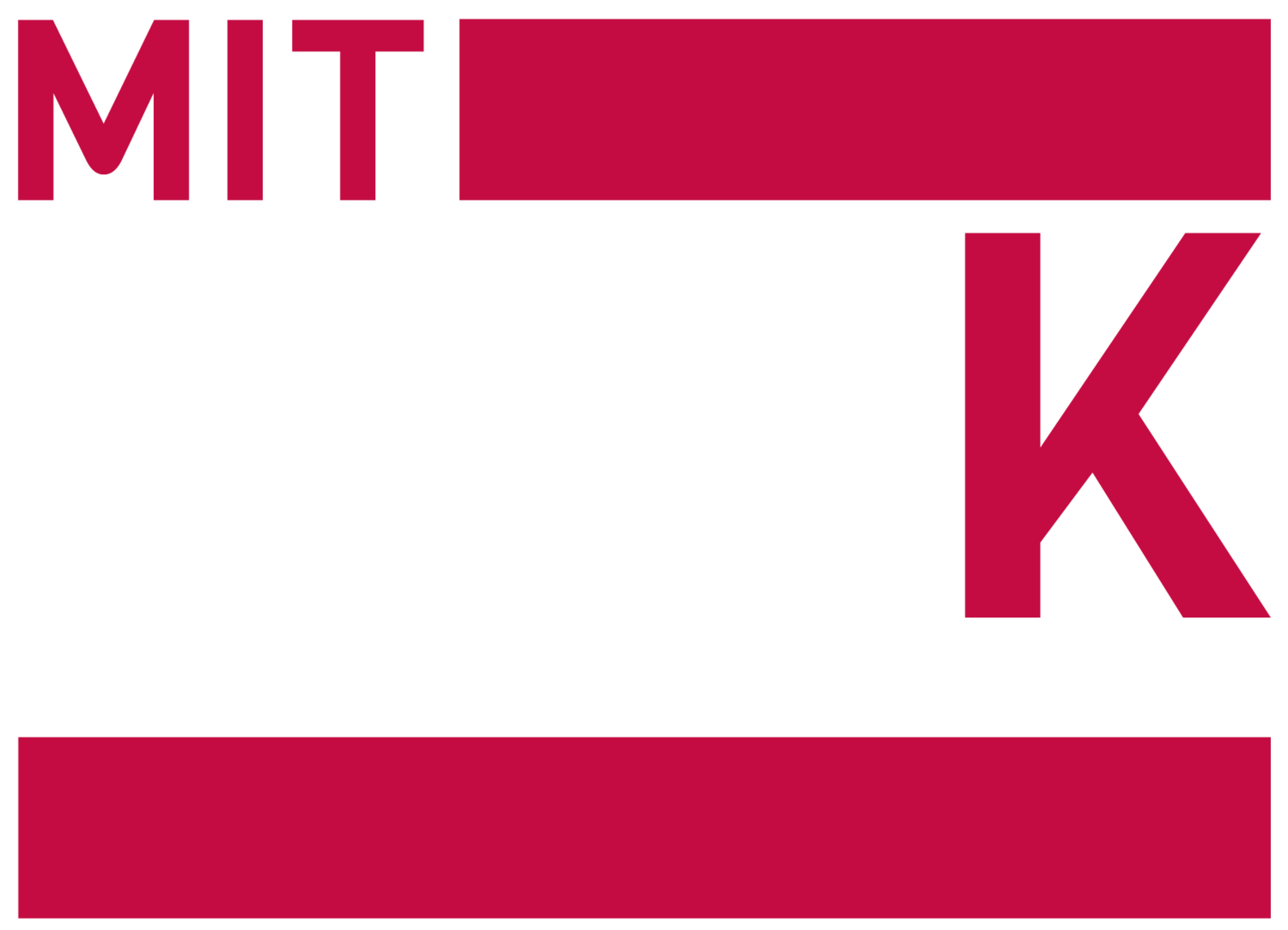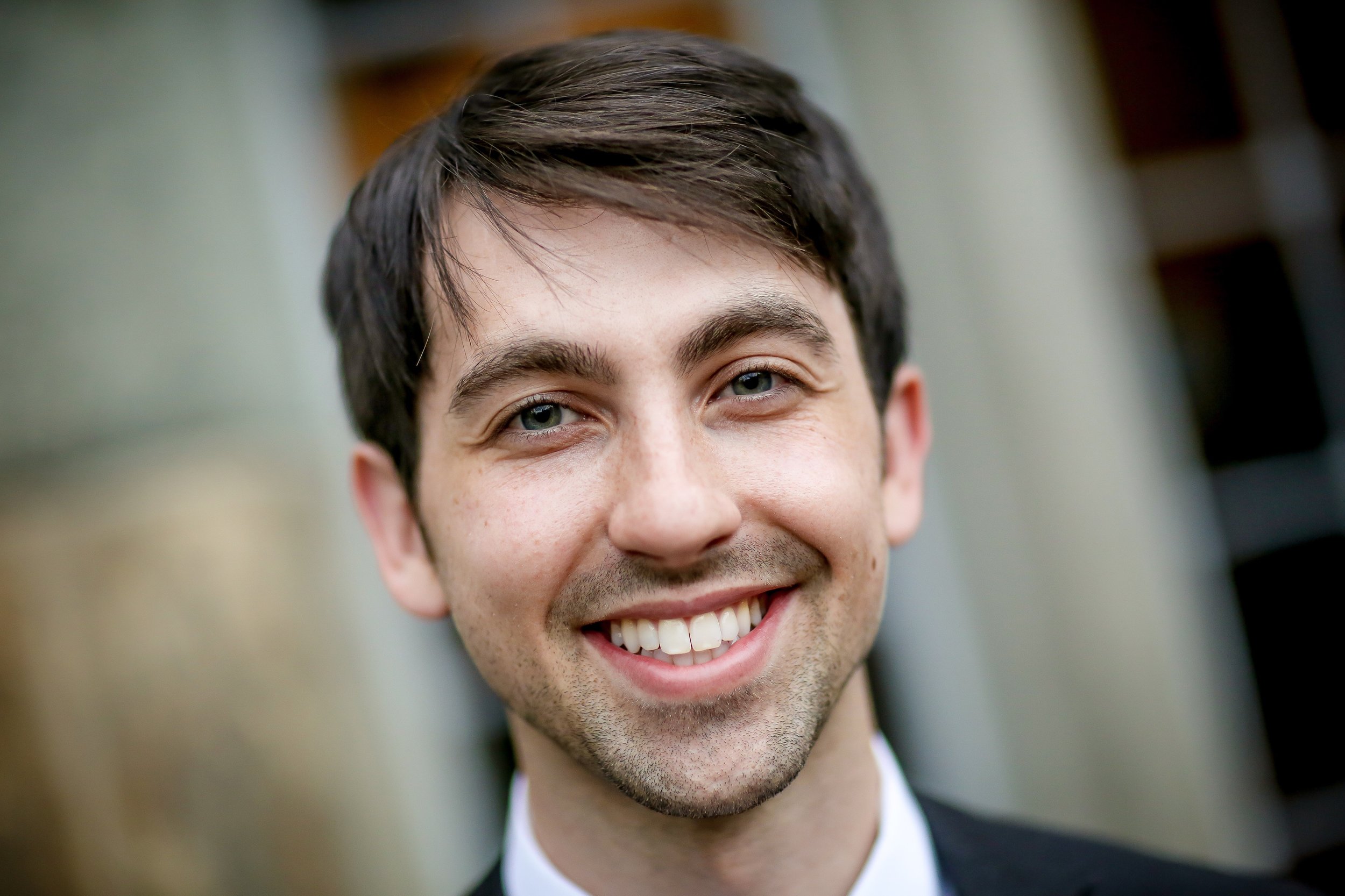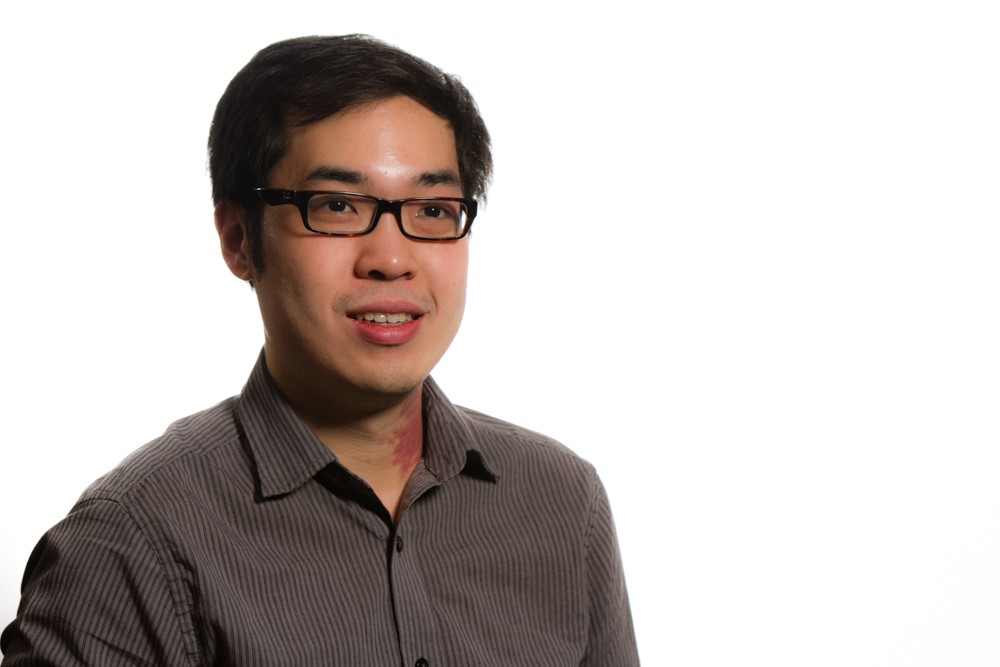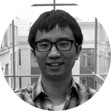Who's on your team?
Nick Harris studies optical quantum computing and artificial intelligence as a PhD student and National Science Foundation Fellow at MIT. He spent two years as a research and development engineer at Micron, a semiconductor company, investigating transistor device physics. His passion is in developing new computational technologies. He is co-inventor of the optical neural network and plans to bring this new hardware to market to advance artificial intelligence computing.
Darius received his BS in Physics and Mechanical Engineering from the University of Texas at Austin in 2013. While at UT Austin, along with the SXS Caltech-Cornell collaboration, he developed a software to visualize night-skies that have been distorted by black holes. The software helped the blockbuster movie Interstellar in creating scientifically accurate images of a black hole. He also spent a year performing large-scale blast experiments at the Baker Engineering and Risk Consultants, Inc. After enrolling in the Physics PhD program at MIT, he joined the quantum photonics lab to investigate artificial intelligence in the context of quantum computation and communication.
Dr. Yichen Shen was born in Hangzhou, China. After graduating from Johns Hopkins University at 2011, he joined the MIT Physics department to study nanophotonics and artificial intelligence. He got his Ph.D. from MIT at 2016, and is currently post-doc associate at MIT. Yichen is the co-inventor of the optical neural network technology.
Thomas Graham has over 5 years experience in strategy, operations, and finance. Most recently, Thomas held a business strategy role at Google X, where he worked on developing the business model and go-to-market plan for Project Loon, an endeavor to bring widespread internet connectivity to the developing world using balloons. Prior to Project Loon, Thomas worked as a business development manager in Google’s Strategy and Operations group, leading strategic initiatives to support Google’s advertising agency partnerships. Thomas started his career as an investment banker at Morgan Stanley, advising corporations on mergers, acquisitions, and capital raises. Thomas is currently pursuing his MBA at the MIT Sloan School of Management. He graduated from Georgetown University with a bachelor's degree in Science, Technology, and International Affairs.
What problem are you trying to solve?
Big data and the steady advancement of electronic computing hardware have enabled the artificial intelligence revolution. Unfortunately, progress in electronics is slowing as the transistor, the workhorse of modern computers, approaches its fundamental size limit. To power the next generation of artificial intelligence, a new kind of computing hardware is needed.
What is your solution?
At Lightmatter, we're using light to accelerate artificial intelligence. By computing with light, rather than electrical signals, Lightmatter's systems are able to calculate faster and more efficiently than existing artificial intelligence hardware.
What inspired you to start your company?
Over the past century, human progress and computational power have been inextricably linked. We want to power the next generation of computing--to build the tools that will move humanity forward.
What's been the most surprising aspect of this process?
Beyond a great idea, there's a lot of work that goes into determining if a company is viable. We've learned a lot!
What’s been the most valuable piece of advice you’ve received?
You're only a company if you have a customer.
What are you most looking forward to for the Launch finals?
Refining our business model and learning as much as we can.




